The Way Forward: Towards 25th Anniversary of ASEAN-India Relations
Ambassador Rajiv Bhatia participated as a panelist at edition VIII of the Delhi Dialogue hosted by IDSA.

Ambassador Rajiv Bhatia participated as a panelist at edition VIII of the Delhi Dialogue hosted by IDSA.
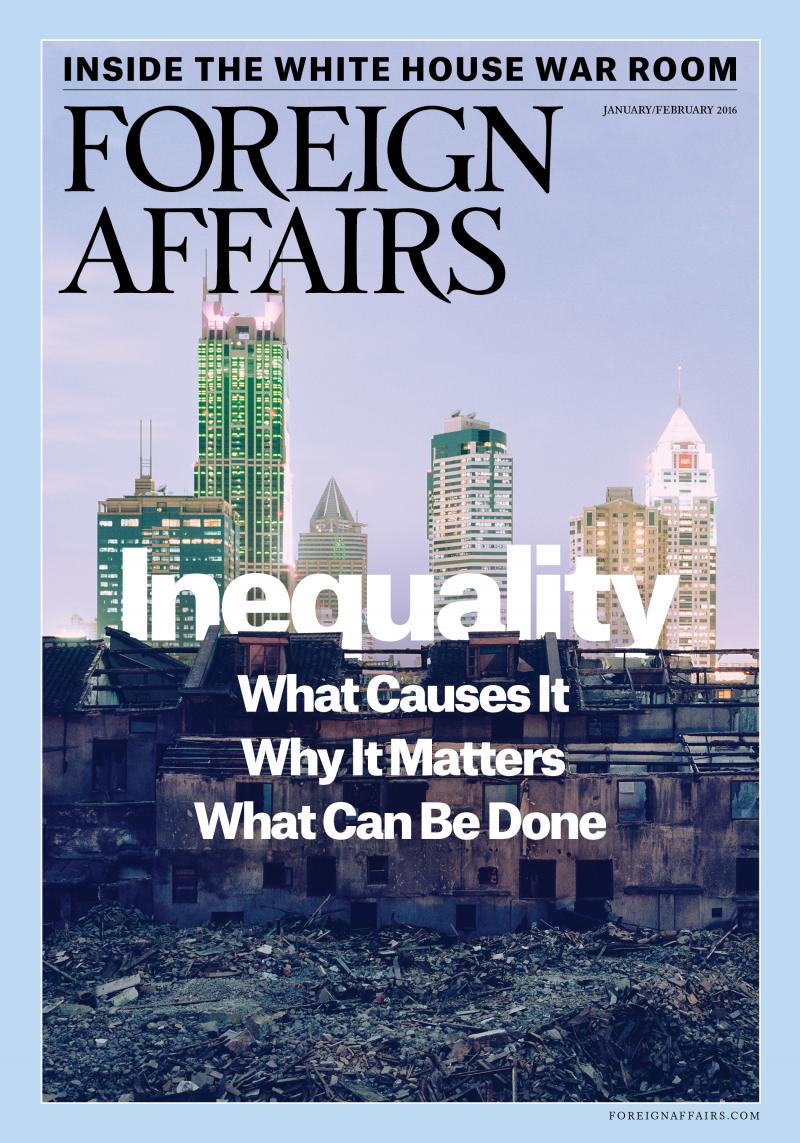 Courtesy: Foreign Affairs
Courtesy: Foreign Affairs
Beijing and Moscow are close, but not allies. Scholars and journalists in the West find themselves debating the nature of the Chinese-Russian partnership and wondering whether it will evolve into an alliance.
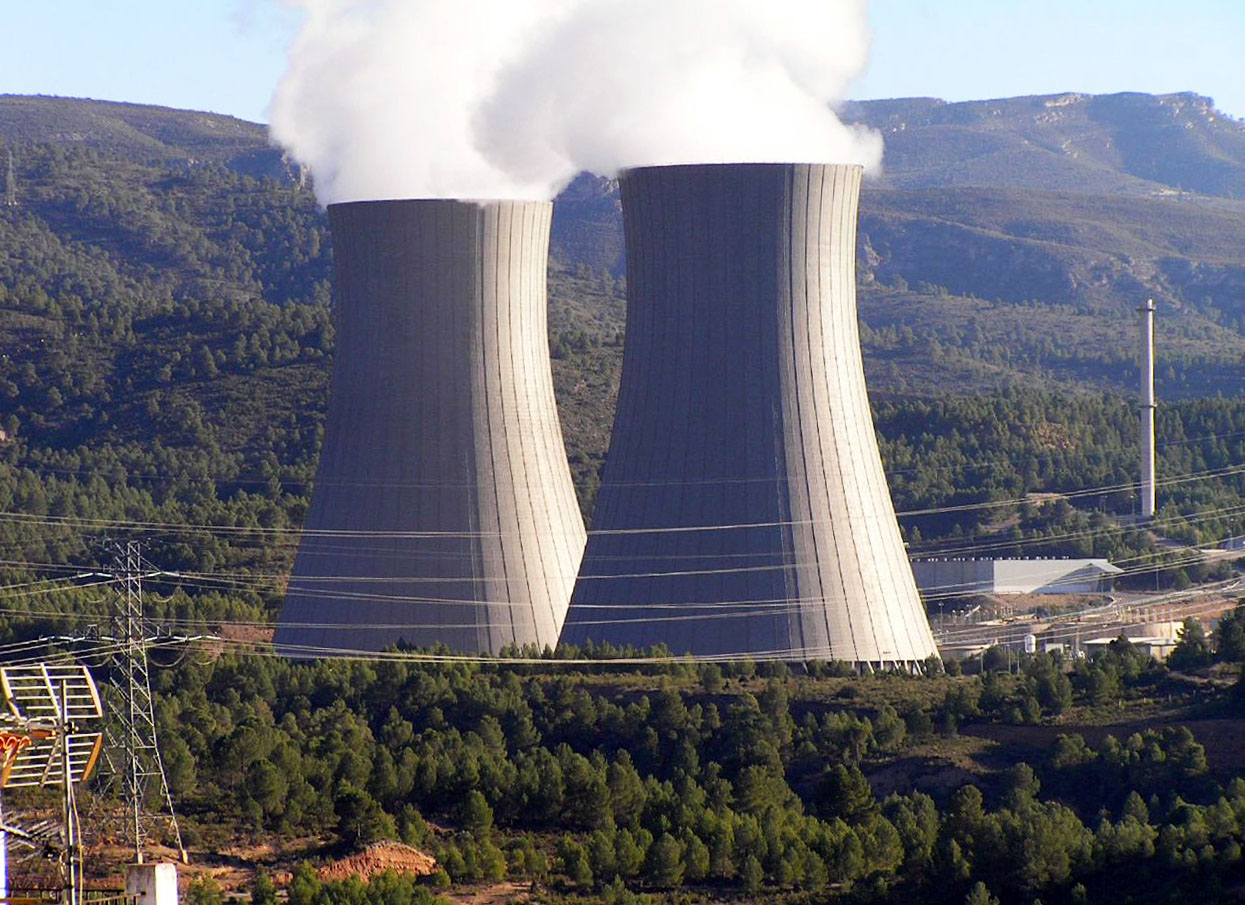 Courtesy: Wikimedia
Courtesy: Wikimedia
India’s recent ratification of the nuclear liability convention is being portrayed as a dilution of India’s stand on civil nuclear liability and its own 2010 law on the subject. This is, however, incorrect, and India’s stand on nuclear liability remains unchanged.
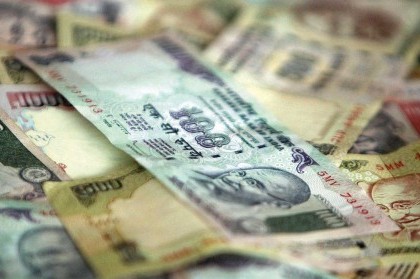 Courtesy: Pixabay
Courtesy: Pixabay
What should the 2016-17 Union Budget in the pipeline propose for India’s fiscal stance? Is there a growth-oriented case to raise public investment and the deficit target above the planned fiscal consolidation? A review in the right global and regional context.
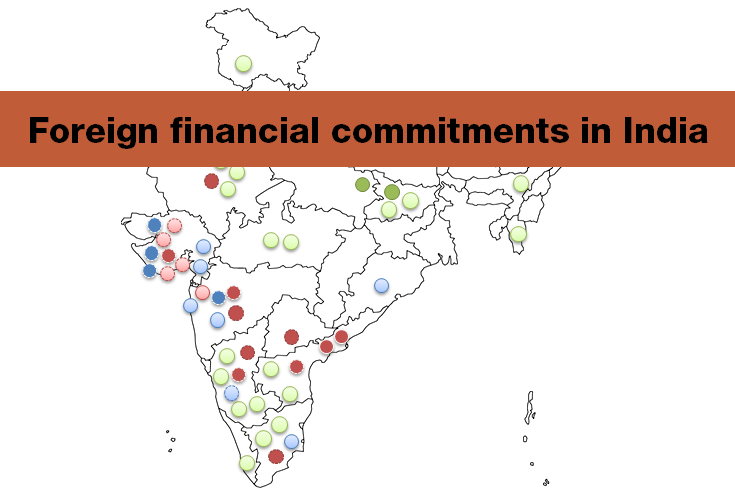 Courtesy: Gateway House
Courtesy: Gateway House
Prime Minister Narendra Modi’s extensive foreign visits have drawn $214 billion in new investment commitments into India. Gateway House has meticulously tracked these financial commitments, which have come from three sources: foreign government investments, private foreign investments and multilateral investments.
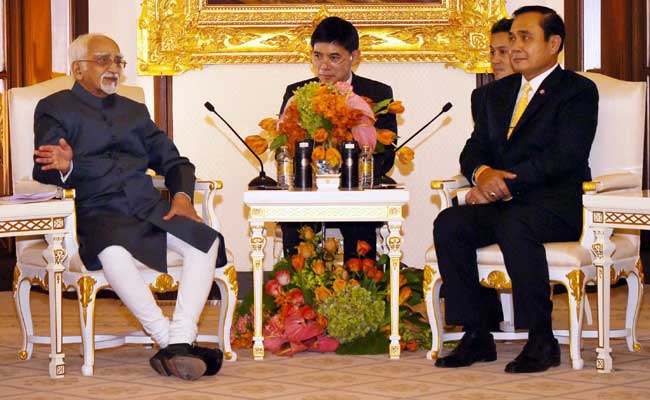 Courtesy: PTI
Courtesy: PTI
Vice President Ansari’s recent visits to Brunei and Thailand provided further clarity to the Act East Policy while advancing its implementation. He effectively showcased that the rationale for a strong India-ASEAN strategic partnership is sharper than before.
 Courtesy: Narendra Modi / Flickr
Courtesy: Narendra Modi / Flickr
The Indian government and businesses should stay away from giving an overly “mercantile” attitude to foreign policy and investments abroad. A deal secured by only economic heft and preying on weakness is likely to produce only bitter fruit later on.
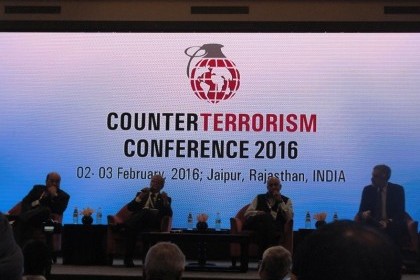 Courtesy: Gateway House
Courtesy: Gateway House
At the recent counter-terrorism conference in Jaipur, a star-studded galaxy of policy makers, security analysts and law enforcement officials debated on tackling the Daesh threat. Some of the most positive steps to counter the terror propaganda came from South East Asia and India’s neighbourhood
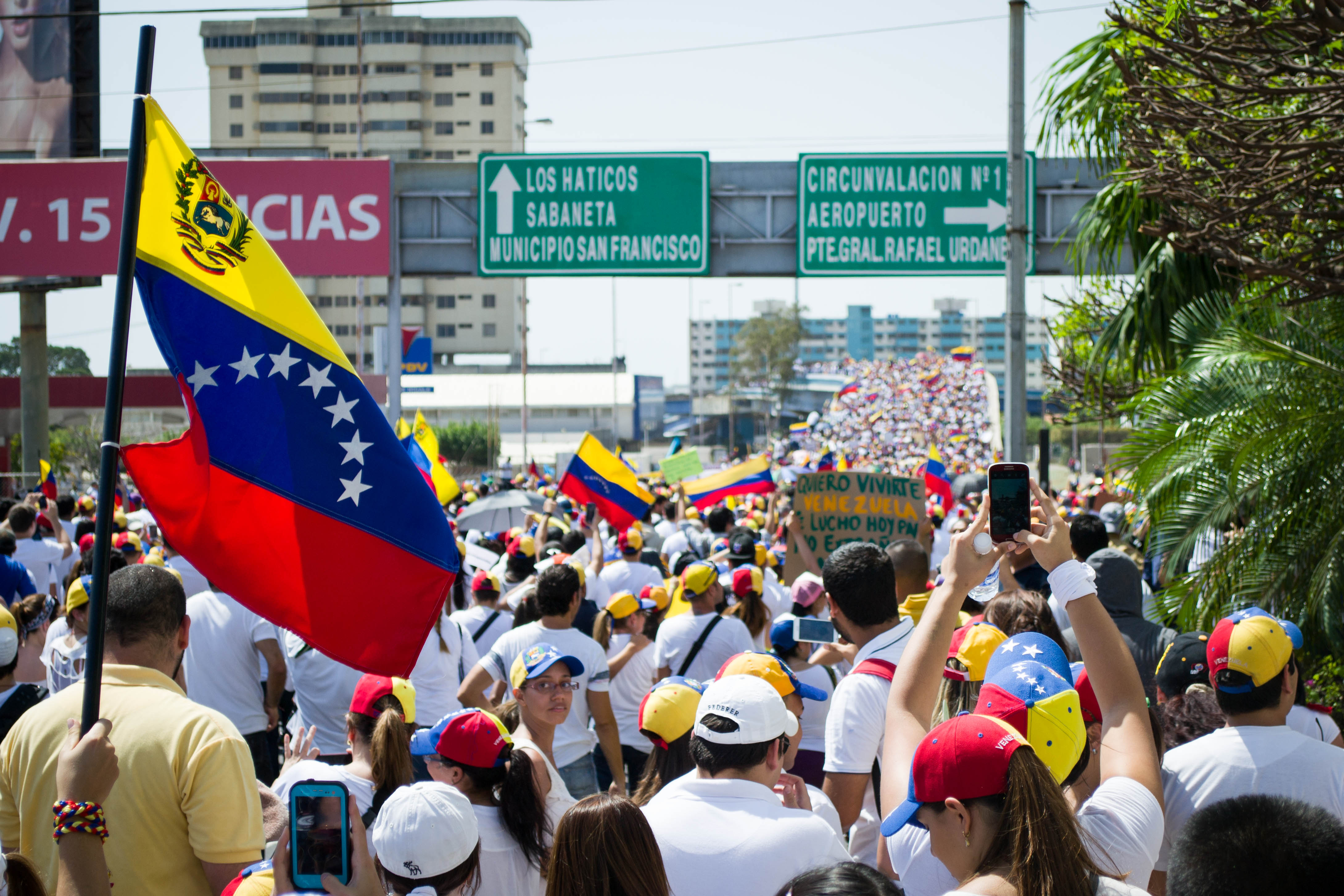 Courtesy: Wikipedia
Courtesy: Wikipedia
Despite major political change in Brazil, Argentina, and Venezuela due to global economic tumult, it may be premature to speak of a rightward shift in Latin American politics. Yet, developments in these democracies need to be monitored carefully as India has a stake in their political stability.
 Courtesy: Wikipedia
Courtesy: Wikipedia
A resurgent Taliban has turned a hopeful declaration by the Obama administration into a premature one. The levels of U.S. troops stationed in Afghanistan, currently at 9,800, are expected to increase as a result. But with more than half a trillion dollars spent trying to stabilize the problem, perhaps it’s time to rethink the Af-Pak region.